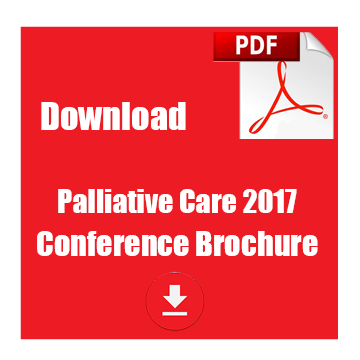
Christine Kennedy
Philadelphia University| USA
Title: The intersectionality of trauma and grief: The gifts of emdr
Biography
Biography: Christine Kennedy
Abstract
Research indicates complex trauma is an increasing public health concern and involves threats to personal safety; selfidentity and connection to the wider community. Despite not meeting the full criteria for PTSD, this category of trauma appears to be the most debilitating and results in secondary complications that include interpersonal violence, drug use, depression, and anxiety (Courtois & Ford, 2013; Park, Currier, Harris, & Slattery, 2017). Further, some argue the DSM-5’s definition of trauma is too narrow and does not account for other debilitating events such as major losses, including life-limiting
illness and grief that result in clinically significant symptoms (Briere, 2013). The impact of trauma on our living and our dying
is undeniable. Losing a loved one to death is one of the most painful experiences of being human. Grief, considered the normal response to bereavement, is associated with potential long-term physical and psychological sequelae such as increased mortality, cardiac disease, depression, and substance use. Complicated grief has been linked to brain abnormalities that impact functioning of the limbic system, autobiographical memory, and cognitive processing (Shear, 2015). Given these findings, therapies that focus on cognitive restructuring may be ineffective in reducing distress. Eye Movement Desensitization and Reprocessing (EMDR), has been used extensively to treat individuals with PTSD (Van der Kolk, 2015). Emerging research suggests that EMDR is an effective intervention for complex trauma, grief, chronic pain, and substance use disorders (Abel & O’Brien, 2013). The focus of the workshop is to present research on the intersectionality of trauma and grief and their impact
on brain development and function; introduce EMDR and discuss implications for use with hospice patients, families and the bereaved. An experiential segment will guide participants through EMDR exercises followed by small group discussion.

